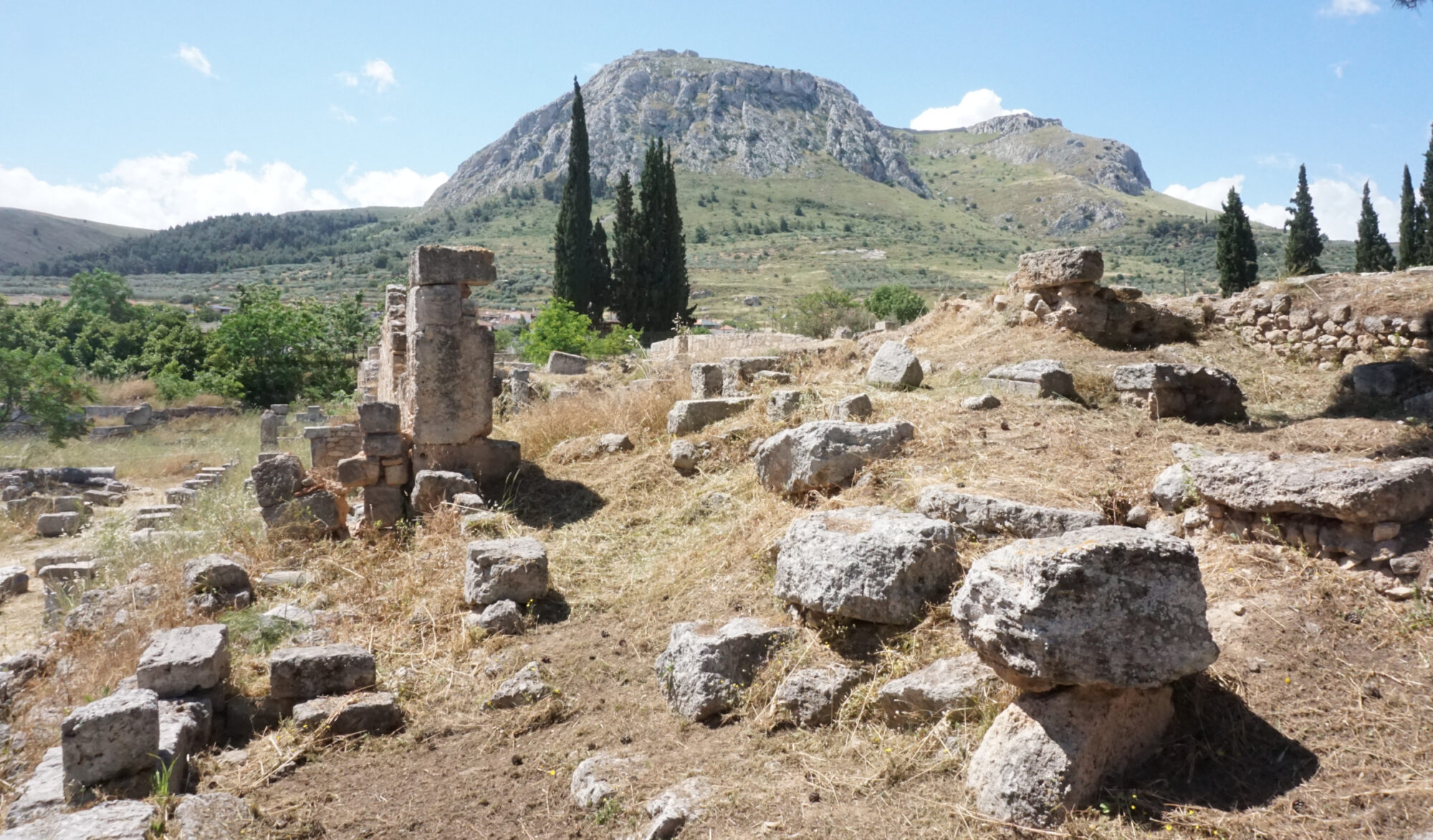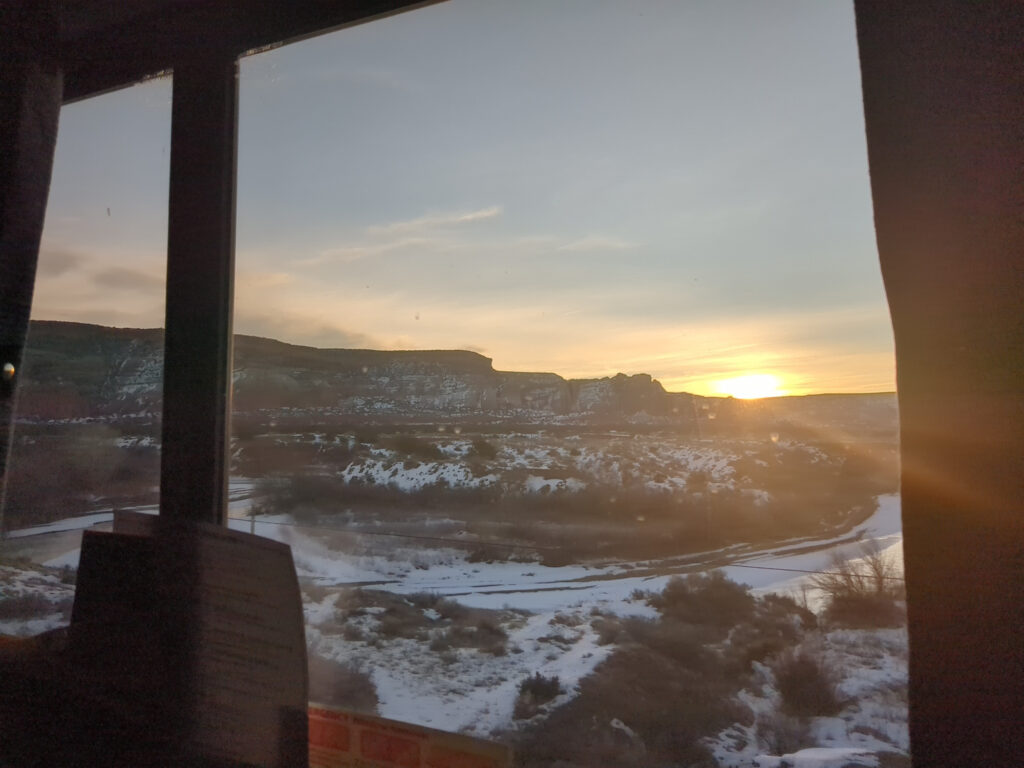Psalm 29:9 (ESV)—The voice of the Lord makes the deer give birth and strips the forests bare, and in his temple all cry, “Glory!”
Brown leaves covered the West Mountain Trail in Hot Springs National Park. I’d been hoping to witness autumn color in a third destination this year. Instead, I gazed up at bare branches, dull-brown-colored limbs offering not a single picture-perfect scene for my travel photo collection.
A disappointment, for sure, but not as big of a letdown as missing Gods’ voice as the pagans did. Forces of nature the pagans viewed as their gods’ anger, David used to describe his all-powerful God, the Force of Nature.
It is this Force who strips us bare and calls our name. Paying attention to this voice reveals bare branches that frame a clear blue sky and allow sunlight to flood the forest floor.
Indeed, tilting our listening ear toward our Father’s voice when life’s branches feel bare allows us to cry “Glory!” when we hear the pitch-perfect thunder of God’s voice.








